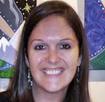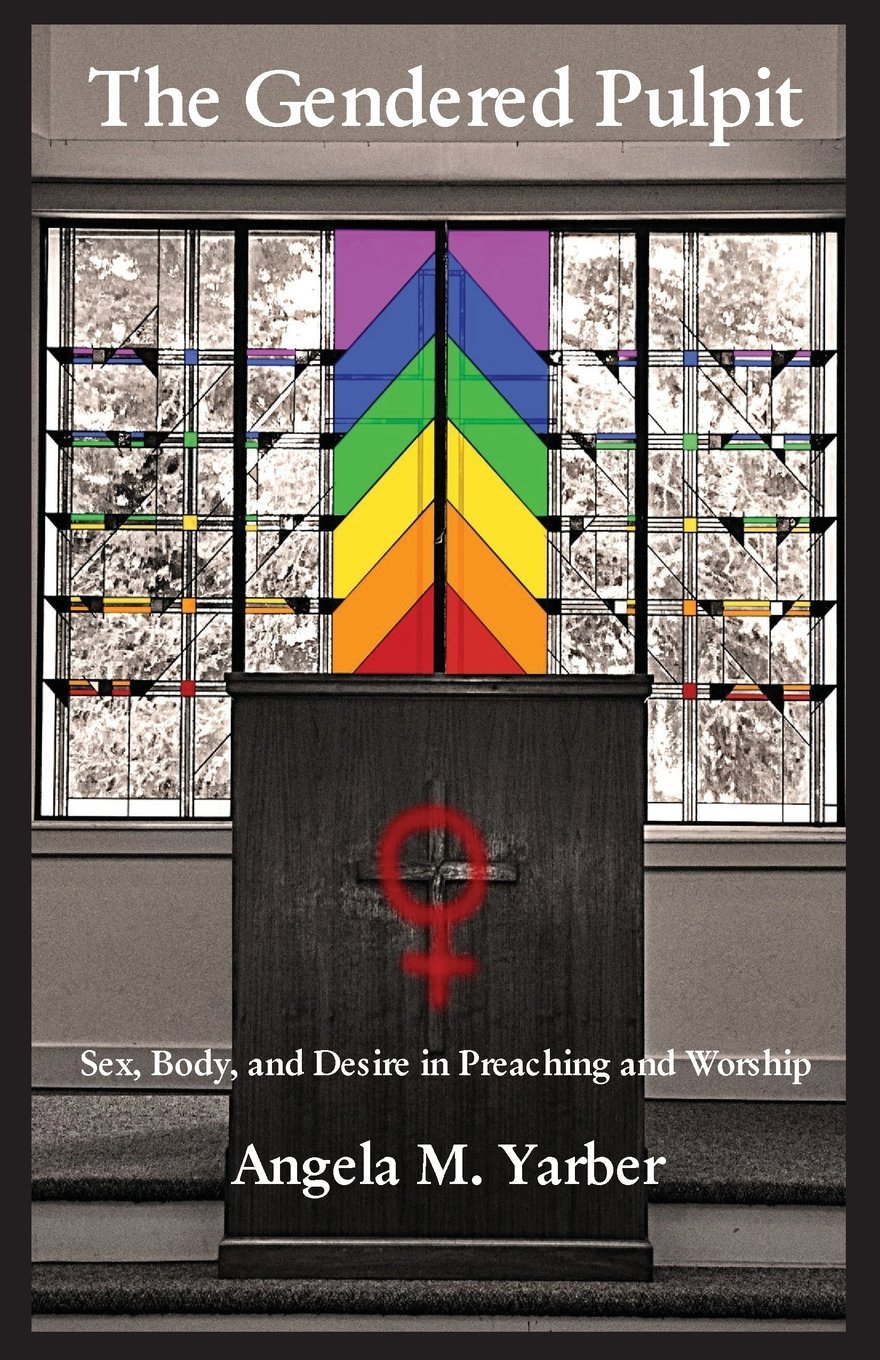By Bob Allen
A “gendered” pulpit that defines what a preacher looks like as exclusively straight and male hinders women and members of the LGBT community from leadership in preaching and worship, theologian, author and Baptist pastor Angela Yarber says in a new book.
 Yarber, until recently pastor for preaching and worship at Wake Forest Baptist Church in Winston-Salem, N.C., says she wrote The Gendered Pulpit: Sex, Body and Desire in Preaching and Worship in part because she believes the act of stepping into the pulpit as a lesbian dancer who has struggled with eating disorders preaches a message before she even says a word.
Yarber, until recently pastor for preaching and worship at Wake Forest Baptist Church in Winston-Salem, N.C., says she wrote The Gendered Pulpit: Sex, Body and Desire in Preaching and Worship in part because she believes the act of stepping into the pulpit as a lesbian dancer who has struggled with eating disorders preaches a message before she even says a word.
“When I step into the pulpit to preach, I cannot take off my sexual identity,” she writes. “It is part of who I am. It informs my understanding of experience, Scripture, history, theology and liturgy.”
Yarber, who has a Ph.D. in art and religion from the Graduate Theological Union at UC Berkeley, calls for “gendering the pulpit in the direction of justice” by dismantling the patriarchal status quo in favor of inclusion and radical hospitality.
As an ordained Baptist lesbian, Yarber says she has received plenty of hate mail calling her names and telling her she is going to hell, but she has also received encouragement in ways including a letter-writing campaign organized by Baptist Women in Ministry.
 While many people view the Cooperative Baptist Fellowship as having a more moderate view on homosexuality than the Southern Baptist Convention, which has passed several resolutions condemning the “homosexual lifestyle,” she maintains a CBF policy against hiring gays is “just as exclusive.”
While many people view the Cooperative Baptist Fellowship as having a more moderate view on homosexuality than the Southern Baptist Convention, which has passed several resolutions condemning the “homosexual lifestyle,” she maintains a CBF policy against hiring gays is “just as exclusive.”
She surmises that “the way many moderate Baptists felt about the SBC’s treatment of women in the 1980s and ‘90s is the way many progressive Baptists feel about the way the CBF is now treating the LGBTQ community.”
“In recent years, the CBF has taken steps to discuss these issues with more of an open mind, but their anti-gay hiring policy still stands,” she observes.
Yarber says she remains a Baptist because of the existence of groups like the Alliance of Baptists, Association of Welcoming and Affirming Baptists and Baptist Peace Fellowship of North America that “cling to the call for justice and equality for all.”
“Westboro Baptist Church and the Southern Baptist Convention do not speak for all Baptists,” she contends. “Rather, there are other progressive and affirming Baptists who have boldly raised their voices on behalf of oppressed and marginalized communities, creating pathways for LGBTQ persons to step into the pulpit and proclaim a theology of radical inclusivity.”
